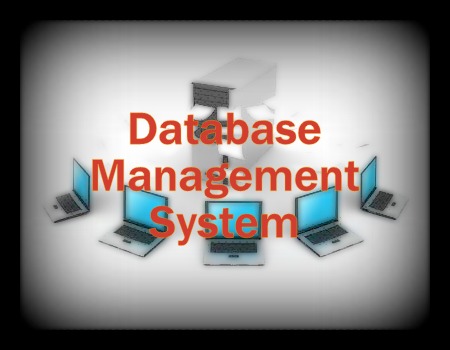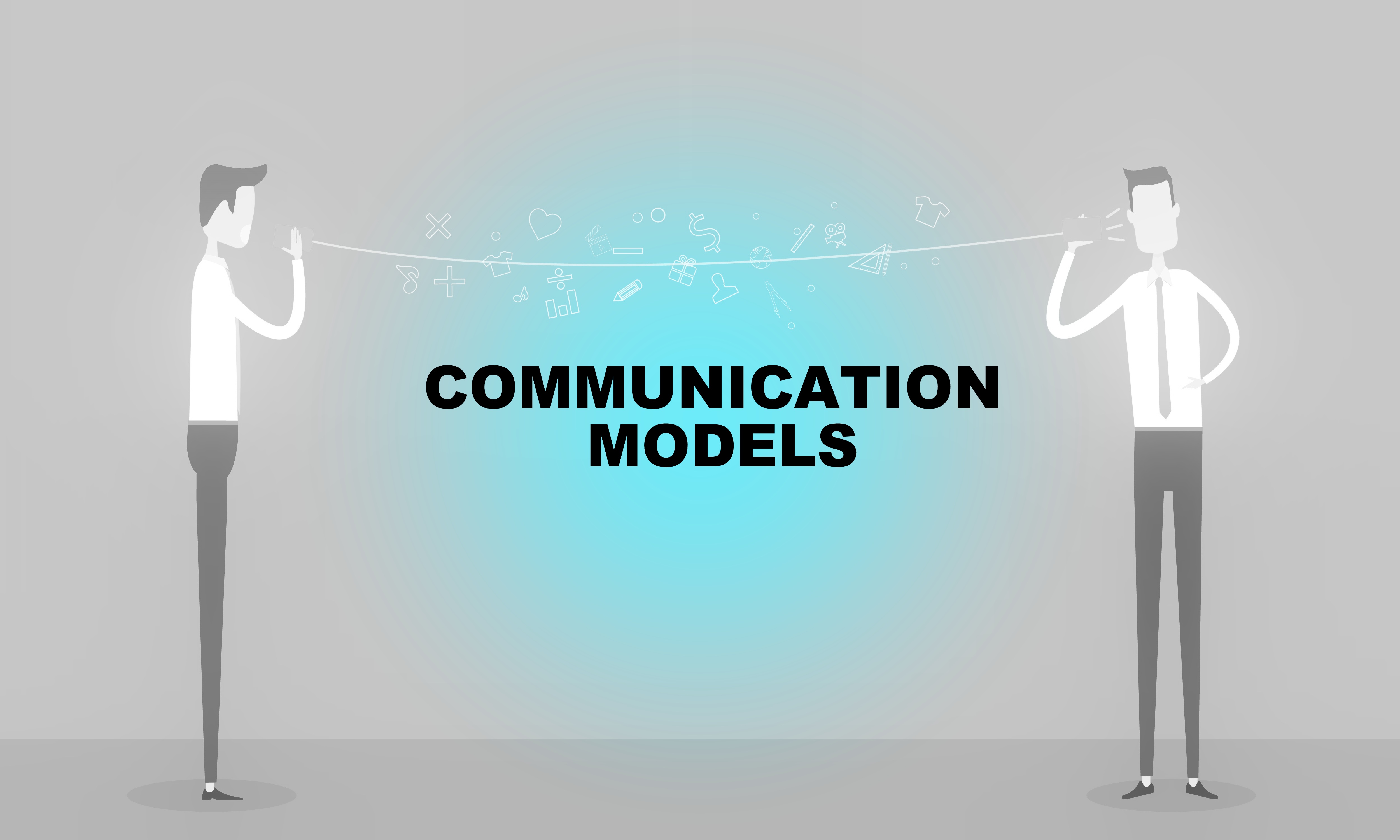Data Models Underlying structure of the database is called as data model. It is a collection of conceptual tools for describing data, data relationships, data semantics and consistency constraints. Data models define how data is connected to each other and how they are processed and stored inside the system. Types of data models are: Entity relationship model Relational […]
Month: August 2017
Database Management System (DBMS) – Meaning, Characteristics and Components
Database Management System (DBMS) Topics covered : Meaning Characteristics and Components A Database is a collection of related data organized in a way that data can be easily accessed, managed and updated. Any piece of information can be a data, for example name of your school. Database is actually a place where related piece of information is […]
International Monetary Fund
International Monetary Fund Establishment of International Monetary Fund (IMF) World war II had its adverse effect on the global economy.To remedy the situation,an international monetary conference was convened in 1994,at Bretton Woods in America.It was attended by the representatives of 44 countries.It was decided in this Conference that two institutions be set up for the […]
Communication Models
Communication Models Communication Models are conceptual models used to explain the human communication process. In this section, you will learn about three models of communication: I. Linear model II. Interactive model III. Transactional model I. Linear Model of Communication It is a simple one way communication model. The message flows in a straight line from sender […]
Management Skills
Skills of Management Skill refer to practical ability or expertness in an action or doing something. From the beginning of development of management thought,both management practitioners and researchers have emphasised different skills for managers. Several skills are required to successfully manage a large organization in the changing environment. Some of the required skills characterized by […]
Quality circle
Quality Circle Quality Circle A quality circle is a small group of employees who meet periodically to identify, analyses and solve quality and other work related problems in their area. Generally speaking, members of a particular circle should be from the same work area, or who perform similar work so that the problems they select […]
Free Engineering Study Notes
Free study material for B-Tech & M-Tech
MBA/BBA Free Study Notes
Looking for free MBA /BBA study material. Simplinotes.com is the right place. Yes FREE. No strings attached, No Conditions Apply. Free today, free tomorrow and free for life.







